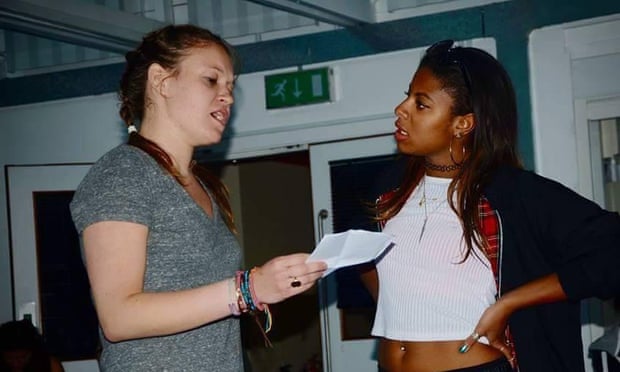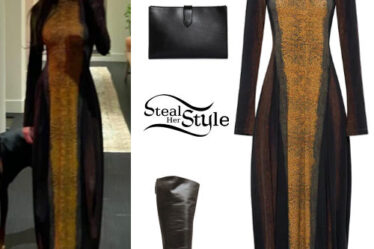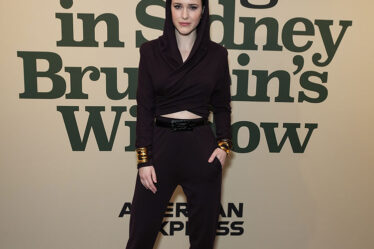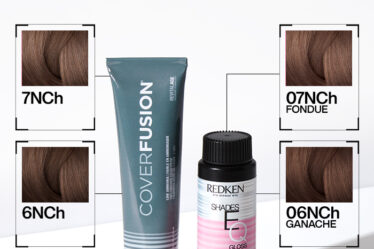
I was not a particularly pretty or popular teenager. I was not a “hot girl”. Yes, I went to the occasional party and kissed the occasional boy, but mostly I kept to my books and my self-righteousness. I would laugh that I was too busy with exams and library lunchtimes. I had no time for boys or trivial, silly things. I was serious, an academic, a scholarship kid; I must not be distracted. But inside I was filled with the kind of low self-esteem that erodes your identity like bile.
When I was 14, I chemically straightened my hair, a process called relaxing. Again, I said all the right things: variety is fun; I fancied a change; my hair is thick and difficult to “manage”. When I was 18 and preparing to move to university, I packed up my former self and tidied her away into boxes and suitcases, determined, with this fresh start, to be a “hot girl”.
To Warwick University, then. To the sticky floors of freshers’ week, to Jägers for £1, to meeting more people at once than I had ever before. To searching, desperately, for proof that I was desirable in the glazed expressions of teenage boys as they passed me over for blonder, whiter choices.
Do not misunderstand me – I saw beauty in all those young women, too. But the repeated sting of rejection was heightened by a wordless confusion. I had straightened my hair, bought a new wardrobe; I didn’t understand why things weren’t different. When a male friend told me that the boy I was infatuated with “probably just didn’t like black girls”, it didn’t even occur to me to be offended. Despite living as a black woman, we had all received the same messaging – beauty looked liked Margot Robbie. I understood.
In my second year, I took a class titled Drama and Democracy, taught by the inimitable Carol Rutter. In that entirely white classroom, I was handed a copy of Lorraine Hansberry’s A Raisin in the Sun. The play – the title of which is taken from Langston Hughes’s poem Harlem – is about black masculinity, class and, above all, dreams. But for 19-year-old me, it was about Beneatha Younger, an aspiring doctor, who searches for her identity as a young black woman through the eyes of the two men she dates – a pompous, assimilationist African American and her first-generation Yoruba boyfriend, who accuses her, in straightening her hair, of “mutilating” it.
Black hair has always been politicised – and the history of this politicisation is as rich and textured as our hair. It was shorn by colonisers as African people were forced into homogeneity aboard slave ships and ever since has been mocked, derided and denigrated. Centuries later, Eamonn Holmes could still dehumanise Dr Zoe Williams by comparing her hair to an alpaca’s on This Morning; Chikayzea Flanders could be threatened with suspension from school because of his dreadlocks.
As a teenager, I didn’t have the language to explain what I was feeling. No one had taught me about Eurocentric beauty standards and the white male gaze. I had never heard of “desirability politics”. When my sister, six years my junior and infinitely more beautiful and charismatic than I am, began expressing the same discontent with her face, her body, her hair, I was bewildered. And so, in that white classroom, Hansberry breathed articulation into my wordless anxiety and suddenly. I felt seen. I realised that I am not ugly. I am simply a black woman in a white man’s world.
At the end of A Raisin in the Sun, Beneatha goes for the big chop and cuts her hair. I felt empowered yet dissatisfied by this ending. Beneatha cuts her hair for herself, but also to prove to Asagai, the Yoruba man, that she is as connected to her African roots as he is. She isn’t, of course. He is a first-generation Nigerian man and Beneatha is a member of the diaspora, with enslaved peoples as ancestors and all of the generational trauma held by this confusing place in the world – being of a place and of somewhere else entirely. Naturally, I felt I understood her perfectly.
After graduating, I moved back home and I cut my hair. This time, when I answered that variety is fun, I fancied a change, relaxing my hair is expensive and difficult to manage, I felt the honesty settle in my chest and I smiled at my beautiful blackness in the mirror.
Rapunzella, Or, Don’t Touch My Hair by Ella McLeod is published by Scholastic (£8.99). To support the Guardian and the Observer, order your copy at guardianbookshop.com. Delivery charges may apply.



